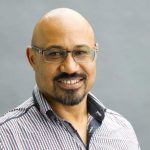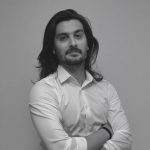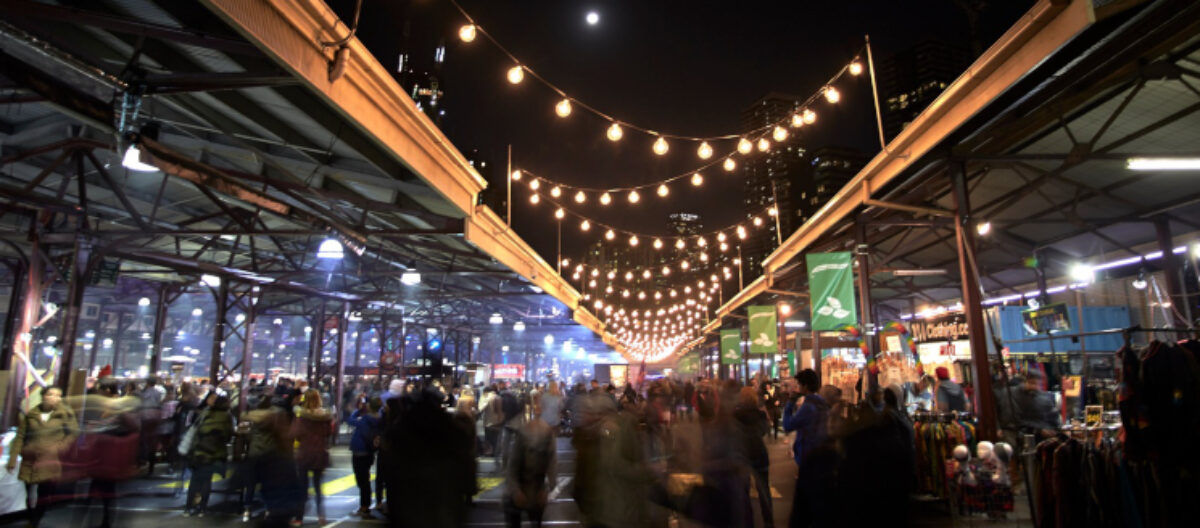Indigenous Ways of Knowing, Being, and Healing (Part A)
In this first of two episodes exploring Indigenous ways of knowing, being, and healing:
Christopher Sonn and Ramy Barhouche engage in a deep dialogue with guests Karen Jackson (KJ), Puleng Segalo, Bangishimo, and Amy Smoke exploring Indigenous ways of knowing, being, and healing in a conversation touching on historical trauma, colonization, and the importance of cultural revitalization, sovereignty and emphasizing community-based healing
This episode challenges individualistic approaches while underscoring the power of ceremony, storytelling, and cultural practices as resistance and the guests’ insights inspire solidarity for justice, recognition, and self-determination for Indigneous people globally in a dialogue showcasing Indigenous strength in reclaiming culture and identity and urging support for just and inclusive societies driven by understanding and action.
Guests
Puleng Segalo (She/Her) is of the Batshweneng people, from South Africa’s Free State province. Her totem is Motshweneng, and she is tasked with respecting and honoring the Monkey family, and to contribute towards the protection of the forest. The name Puleng, meaning rain, resonates as a symbol of life, renewal, and community connection. Reclaiming her name becomes an act of resilience, resisting historical trauma from colonialism. As a psychologist, Puleng challenges conventional perspectives on historical and gendered trauma, employing visual methodologies to collaboratively unveil shared community experiences and foster healing.
Bangishimo (They/Them), translating to “the sun is setting,” hails from the Anishinabek people in Ontario, Canada. Embracing diverse identities, they’ve played numerous roles throughout life. As a fervent community organizer, their transformative journey with the Idle No More movement fueled a commitment to advocate for improved services. Currently, the first Indigenous artist in residence for Kitchener, Bangishimo challenges narratives through a year-long portrait exhibit. A co-founder of Land Back Camp, O:se Kenhionhata:tie, alongside Amy, they passionately advocate for change, space, and better services in the indigenous queer community.
Amy Smoke (They/Them), a proud Two Spirit, IndigiQueer parent, and land defender from the Mohawk Nation, Turtle Clan, Six Nations of the Grand River. With a rich background as a community organizer, public speaker, and award-winning advocate in Social Justice and Community Leadership, Amy co-founded O:se Kenhionhata:tie Land Back Camp. This sanctuary caters to Two Spirit, IndigiQueer, trans, non-binary youth, and settler allies in the LGBTQ+ community. As a sessional instructor, Amy shares their knowledge in community organizing within the Bachelor of Social Work program.
Karen Jackson (KJ) (She/her), a proud Yorta Yorta person from Victoria, Melbourne, Australia. For over 20 years, KJ has fostered relationships in Melbourne’s western suburbs, co-chairing organizations, and championing culturally safe environments. As Executive Director at Moondani Balluk Indigenous Academic, she engaged in collaborative research, and is dedicated to advocate for truth, treaty, and Indigenous recognition. KJ champions safe spaces, empowering voices within the historical diaspora. The impacts of missions and reserves as concentration camps reverberate in KJ’s exploration, unraveling the embedded historical trauma affecting community engagement. Striving to decolonize spaces, KJ facilitates cultural healing for women in prisons, addressing stolen stories and systemic trauma. Amidst these challenges, KJ endeavors to amplify unheard narratives, reshape policies, and envision a future free from the shackles of historical trauma.
Hosts
 Christopher Sonn bio: Chris (he/Him) was born and raised in South Africa and now lives and works on the lands of the Wurundjeri and Bunurong people of the Kulin Nation. He is a Professor of Psychology working as researcher with the Institute of Health and Sport and the Moondani Balluk Indigenous Centre. Chris have been working over the last few years on various topics related to experiences and meanings of community, identity, belonging, and displacement in the everyday. He is interested in creating responsive, antiracist, and decolonial community and liberation psychologies.
Christopher Sonn bio: Chris (he/Him) was born and raised in South Africa and now lives and works on the lands of the Wurundjeri and Bunurong people of the Kulin Nation. He is a Professor of Psychology working as researcher with the Institute of Health and Sport and the Moondani Balluk Indigenous Centre. Chris have been working over the last few years on various topics related to experiences and meanings of community, identity, belonging, and displacement in the everyday. He is interested in creating responsive, antiracist, and decolonial community and liberation psychologies.
 Ramy Barhouche bio: Ramy (He/Him) is originally from Lebanon, but has been living between Lebanon, the US, and Canada. He is a Community Psychology PhD candidate at Wilfrid Laurier University, in Ontario, Canada, located on the shared traditional territory of the Neutral, Anishnaabe (Anish-nah-bay) and Haudenosaunee (Hoe-den-no-show-nee) peoples. Ramy’s PhD explores decolonial approaches, and advocates for transformative understandings of community well-being and mental health. His work challenges hegemonic and colonial paradigms, and advocates for decolonial and culturally-responsive approaches to community well-being.
Ramy Barhouche bio: Ramy (He/Him) is originally from Lebanon, but has been living between Lebanon, the US, and Canada. He is a Community Psychology PhD candidate at Wilfrid Laurier University, in Ontario, Canada, located on the shared traditional territory of the Neutral, Anishnaabe (Anish-nah-bay) and Haudenosaunee (Hoe-den-no-show-nee) peoples. Ramy’s PhD explores decolonial approaches, and advocates for transformative understandings of community well-being and mental health. His work challenges hegemonic and colonial paradigms, and advocates for decolonial and culturally-responsive approaches to community well-being.
Related reading
- Balla, P., Jackson, K., Price, R., Quayle, A. F., & Sonn, C. C. (2023). Blak women’s healing: Cocreating decolonial praxis through research yarns. Peace and Conflict: Journal of Peace Psychology, 29(1), 21–30. https://doi.org/10.1037/pac0000637
- Sonn C., C, Jackson, K., Lyons, R. (2018). Exploring Meanings and Practices of Indigenous Placemaking in Melbourne’s West. In Nicole Oke, Christopher Sonn, and Alison Baker (Eds). Places of Privilege Interdisciplinary Perspectives on Identities, Change and Resistance pp. 87–103. Brill: https://doi.org/10.1163/9789004381407_006
- Segalo, Puleng (2022) “Stitching Narratives of Gender-based Violence: Meaning-making through Embroidery,” Journal of International Women’s Studies: Vol. 24: Iss. 4, Article 5. Available at: https://vc.bridgew.edu/jiws/vol24/iss4/5
- Poison in the bone marrow: Complexities of liberating and healing the nation | Segalo | HTS Teologiese Studies / Theological Studies https://www.ajol.info/index.php/hts/article/view/212567
- Simango, J. & Segalo, P. (2020) Re-imagining psychology: An Africanist perspective. Alternations, 27(1), 67-84. doi.org/10.29086/2519-5476/2020/v27n1a5
- (2023) Embroidered Voices: Exposing Hidden Trauma Stories of Apartheid, TEXTILE, 21:2, 422-434, DOI: 10.1080/14759756.2022.2036071

